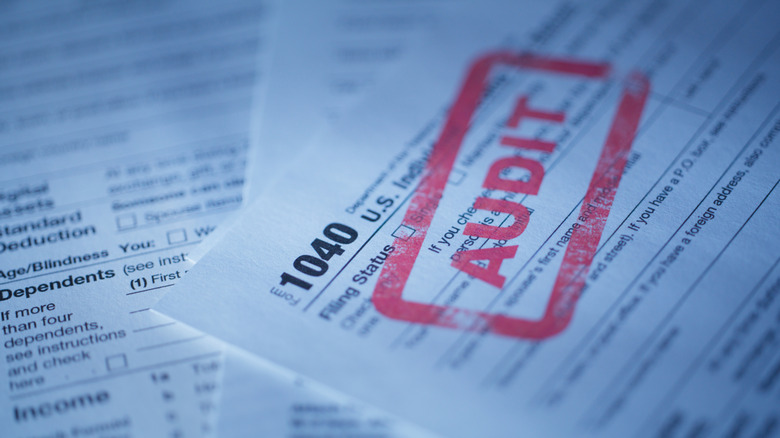This Type Of 'Loss' Could Increase Your Risk Of An IRS Audit
In fiscal year 2024, the Internal Revenue Service (IRS) executed 444,014 individual income tax audits. Of those, 383,623 — about 86.4% — were handled through correspondence, while 60,391, or 13.6%, were full field examinations. The results added up. Correspondence audits alone pulled in $5,988,273 in extra taxes, with another $3,495,399 coming from field cases. Numbers like that show just how closely the IRS monitors for underreported income.
Inside this strict enforcement climate, claiming hobby losses could get you trigger an IRS audit. The IRS scrutinizes taxpayers who write off expenses for things not engaged in for profit – such as horse breeding or weekend photography – especially if costs outweigh revenue. Based on the Internal Revenue Code Section 183, deductions are capped at the hobby's gross receipts. Anything past that simply disappears. No offsetting wages or investment income. Even small write-offs add up over time and can likely get you audited.
Reporting repeated or large deficits from hobby-like activities is a red flag that could trigger IRS audits, which often treats it as evidence of a lack of profit motive. And that priority has intensified under recent IRS initiatives. In September 2023, the IRS announced a sweeping enforcement effort targeting high-income taxpayers, partnerships, and complex returns—categories that frequently include hobby-loss issues. The agency has already collected over $1 billion from high-wealth taxpayers with past-due taxes, signaling a more aggressive compliance approach.
How the IRS distinguishes a hobby from a business
The IRS uses a nine-factor test under Internal Revenue Code Section 183 to tell hobbies apart from real businesses. At the core is the "three-out-of-five years" rule: if you show profit in at least three of five consecutive years – or two of seven for horse activities — the IRS is more likely to treat it as a business. Meeting this benchmark can significantly reduce your odds of getting an IRS audit.
But profit alone isn't enough. The IRS looks at how professional the operation seems. They look for a written business plan, consistent advertising efforts, meticulous books and records, and proper separation of business and personal bank accounts. They also weigh expertise, effort, and the potential for assets to appreciate. If the activity produces enough money that you depend on it, that's another strong sign it qualifies as a business. It's worth noting that IRS examiners are on high alert for taxpayers over certain income thresholds, making sound tax practices essential for anyone earning more from their side hustle.
For example, an artist who never advertises and mixes personal and business spending would likely be considered a hobby. On the other hand, someone who tracks expenses precisely, promotes sales, and reinvests profits is positioned as a business operator. The IRS framework gives taxpayers sharper boundaries on where the hobby ends and the business begins.
How much hobby expense you can write off
Hobby expenses can only be deducted up to the income the hobby brings in – nothing more. Any costs beyond that are disallowed. They can't offset wages or investment income. The 2017 Tax Cuts and Jobs Act made the rules even tighter by suspending miscellaneous itemized deductions – including hobby losses — through tax year 2025.
Take a weekend potter as an example. If their sales revenue hit $2,000, but expenses run at $5,000 — clay, glazes, kiln rental, studio fees. Under hobby loss rules, only $2,000 can be deducted in expenses to match the income. The remaining $3,000 in excess expenses just vanishes. Worse, it can't be applied against an $80,000 salary or investment income, meaning they're taxed on their full income from other sources while receiving no tax benefit from the hobby's operating loss.
The IRS scrutinizes hobbies that show losses year after year with little or no profit. That kind of pattern sets off alarms and would most likely lead to audits. The agency's compliance data shows that activities with persistent deficits and minimal revenue often lack a genuine profit motive. To stay off audit radars, taxpayers need to show they're making progress toward profit each year – not just repeating the same losing cycle that suggests personal enjoyment over business purpose. If auditors decide hobby losses were disguised as business deductions, the fallout goes beyond just disallowed expenses. Taxpayers could face interest charges on unpaid taxes, accuracy-related penalties of up to 20%, and the costly process of amending multiple years' worth of returns.


